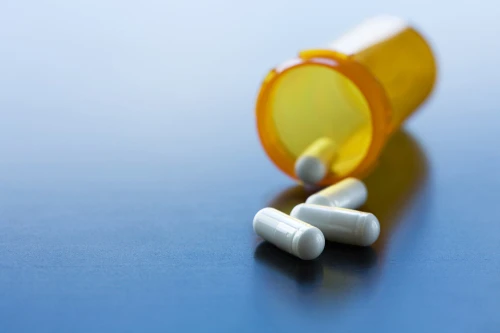How Long Does a Pharmaceutical Lawsuit Take? What to Expect.
By: Simon Law | September 22, 2021

When a drug harms a patient, rather than help, it is key to investigate whether it was a one-time reaction or part of a larger number of adverse events reported by other patients. If it is the latter, it could be a defective design of the drug, defective manufacturing, and/or failure on the part of the manufacturer to run full, detailed clinical tests. When pharmaceuticals are marketed and do not live up to safety tests, warnings provided, or are just plain dangerous, it is possible that the injured party may have a claim against the manufacturer. Taking on a pharmaceutical company, though, is a true David and Goliath situation as these companies can afford many attorneys for a long time. This all affects how these cases are litigated.
When Can I File a Pharmaceutical Lawsuit?
In the law, there are periods of time where a lawsuit must be filed to protect the rights of all involved. Generally, there is a two-year period, also called a Statute of Limitations (“SOL”), within which a lawsuit must be filed, but there are some states that have a one-year SOL, including Kentucky and Tennessee, and up to five years, such as Missouri, for personal injury and products liability cases. The key question is when this period starts.
Unfortunately, it is also difficult to answer this question as it varies state by state, but it is common once the injury is sustained. Sometimes, this period can be extended with the ‘start’ date being when the injured party discovers the connection between their use of the pharmaceutical and their injury, which is called a discovery rule, but the exact definitions of ‘discovery’ vary state-by-state. It is crucial for injured parties to contact an attorney as soon as possible to determine the applicable statute of limitations and ensure a case is on file by that deadline, or else the case cannot be filed or, if filed, will be permanently dismissed without the opportunity to re-file it.
What Can I Expect? How Long Does It Take?
When filing a case against a pharmaceutical company, your medical records will be key in proving your case. Typically, a history of your health leading up to the injury, the injury records, the post-injury records, and your prescription records will be needed to show the breadth of evidence. Additionally, depositions will be taken, and documents will be produced from the injured party, treating and prescribing physicians, and representatives of the company who manufactured the drug, among many others. This all culminates into a strong case that will be worked up as if it were going to trial, with many proceeding to a jury.
Because suing a pharmaceutical company is a huge undertaking, these cases can take multiple years to ensure all witnesses are deposed, all proper documents are collected, and all information is organized for a jury to absorb. With these types of cases, it is typical for cases to take 2-4 years, and possibly longer, for full and final resolution. Although this seems like an incredibly long time, the massive amount of evidence that is collected shows well for it, as millions of pages of documents, hundreds of hours of testimony, and countless working hours by attorneys and support staff take up this time.
Conclusion
If you or a loved one has been injured by a pharmaceutical, it is important to have experienced legal representation for injuries in St. Louis on your side to walk you through investigation, litigation, and resolution of your case. The drug defect attorneys at The Simon Law Firm, P.C. are prepared to review the facts of your potential case, advise and advocate for you throughout litigation, and work tirelessly to obtain justice for you against some of the largest companies in the world. If you believe you or a loved one has been injured by a defective drug, please contact The Simon Law Firm, P.C. today for a full, free case consultation.


